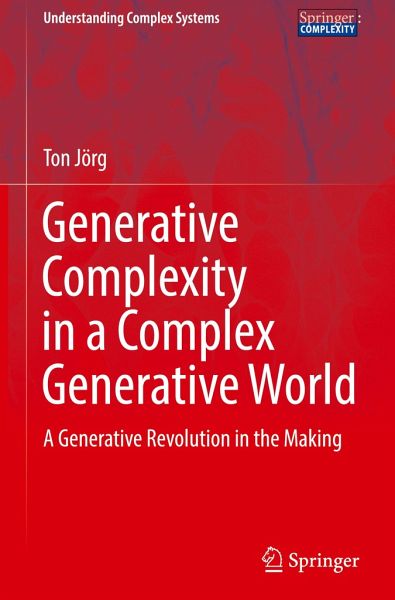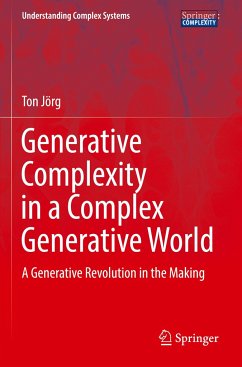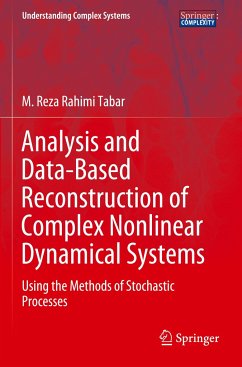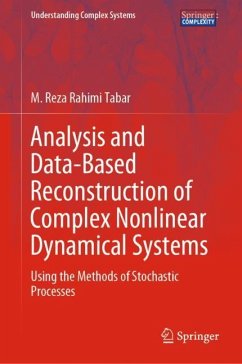
Generative Complexity in a Complex Generative World
A Generative Revolution in the Making
Versandkostenfrei!
Versandfertig in 6-10 Tagen
91,99 €
inkl. MwSt.
Weitere Ausgaben:

PAYBACK Punkte
46 °P sammeln!
This book introduces a refreshing approach to twenty-first-century scientific approach in an age, which is also known as the Century of Complexity. It deals with the deep problem of complexity, being operative from the bottom-up. The current lack of understanding of complexity has led scholars into the so-called embarrassment of complexity. A long overdue paradigm shift is necessary to address complexity as generative complexity and brings readers to the edge of a scientific revolution: that is, a generative revolution in the Century of Complexity.The book offers a radical shift of paradigm fr...
This book introduces a refreshing approach to twenty-first-century scientific approach in an age, which is also known as the Century of Complexity. It deals with the deep problem of complexity, being operative from the bottom-up. The current lack of understanding of complexity has led scholars into the so-called embarrassment of complexity. A long overdue paradigm shift is necessary to address complexity as generative complexity and brings readers to the edge of a scientific revolution: that is, a generative revolution in the Century of Complexity.
The book offers a radical shift of paradigm from the paradigm of simplifying into the new generative paradigm of complexifying about processes that develop from the bottom-up. The book links complex generative reality with a corresponding radical new generative nature of order and explores new fronts in science. This book explores innovative concepts of interaction, of causality, of the unit of study, and of reality itselfand enables readers to see complexity as generative, emergent complexity as being operative from the bottom-up.
The book discusses and suggests solutions for the problem of complexity in this Century of Complexity. The author provides a new understanding of complexity based on a generative flux of forces and relations.
The book aims to bring about a fundamental and foundational change in how we view and 'do' science for an interdisciplinary audience of academics ranging from social science and humanities to economy and biology.
The book offers a radical shift of paradigm from the paradigm of simplifying into the new generative paradigm of complexifying about processes that develop from the bottom-up. The book links complex generative reality with a corresponding radical new generative nature of order and explores new fronts in science. This book explores innovative concepts of interaction, of causality, of the unit of study, and of reality itselfand enables readers to see complexity as generative, emergent complexity as being operative from the bottom-up.
The book discusses and suggests solutions for the problem of complexity in this Century of Complexity. The author provides a new understanding of complexity based on a generative flux of forces and relations.
The book aims to bring about a fundamental and foundational change in how we view and 'do' science for an interdisciplinary audience of academics ranging from social science and humanities to economy and biology.












